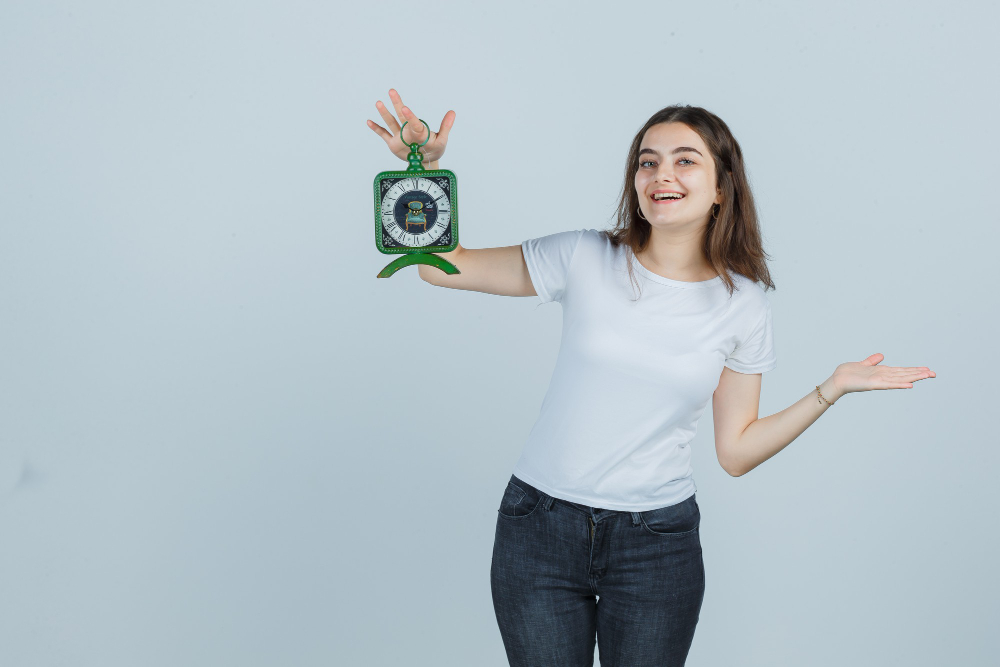In a world filled with distractions, temptations, and constant challenges, the ability to exercise self-control and maintain calmness is a rare but invaluable skill. The quote, “Self-control is strength. Calmness is mastery. You – Tymoff”, encapsulates a profound truth about personal growth and emotional intelligence.
Self-control is the foundation of discipline, allowing us to resist short-term impulses for long-term success. Calmness, on the other hand, is the ability to remain composed under pressure, reflecting true mastery over one’s emotions. Together, these traits define a person’s ability to navigate life’s difficulties with wisdom and resilience.
In this blog post, we will explore:
- The Power of Self-Control – Why it is the ultimate strength
- Calmness as Mastery – How emotional control leads to success
- Practical Ways to Develop Self-Control and Calmness
- The Role of Mindfulness and Discipline
- Real-Life Examples of Self-Control and Calmness in Action
By the end of this article, you will understand why mastering these traits is essential for personal and professional success.
1. The Power of Self-Control – Why It Is the Ultimate Strength
Self-control is often associated with willpower—the ability to delay gratification and resist unhealthy temptations. Studies in psychology, such as the famous Stanford Marshmallow Experiment, have shown that children who exhibited greater self-control tended to have better life outcomes in terms of health, career success, and relationships.
Why Self-Control Equals Strength
- Better Decision-Making: Impulsive decisions often lead to regret. Self-control allows for rational thinking.
- Improved Productivity: Avoiding distractions (like social media or procrastination) leads to higher efficiency.
- Stronger Relationships: Emotional regulation prevents unnecessary conflicts.
- Healthier Lifestyle: Resisting junk food, overspending, or addictive behaviors becomes easier.
Self-control is not about deprivation; it’s about making conscious choices that align with long-term goals.
2. Calmness as Mastery – How Emotional Control Leads to Success
While self-control deals with actions, calmness is about emotional regulation. Remaining calm under pressure is a hallmark of great leaders, athletes, and thinkers.
Why Calmness Equals Mastery
- Better Problem-Solving: Panic clouds judgment; calmness enhances clarity.
- Stronger Leadership: People trust leaders who remain composed in crises.
- Improved Mental Health: Reduced stress and anxiety lead to a more balanced life.
- Enhanced Influence: Calm individuals command respect and inspire others.
Example: Think of a surgeon performing a critical operation or a CEO handling a company crisis—those who remain calm make the best decisions.
3. Practical Ways to Develop Self-Control and Calmness
A. Building Self-Control
- Start Small – Practice delaying small gratifications (e.g., waiting 10 minutes before eating dessert).
- Set Clear Goals – Define what you want to achieve and why self-control is necessary.
- Remove Temptations – If social media distracts you, use apps to block it during work hours.
- Develop Routines – Habits reduce decision fatigue, making self-control easier.
- Practice Mindfulness – Meditation strengthens focus and impulse control.
B. Cultivating Calmness
- Deep Breathing Techniques – The 4-7-8 method (inhale for 4 sec, hold for 7, exhale for 8) reduces stress.
- Pause Before Reacting – Count to 10 before responding in anger or frustration.
- Limit Stimulants – Excess caffeine or sugar can increase anxiety.
- Exercise Regularly – Physical activity reduces cortisol (stress hormone) levels.
- Practice Gratitude – Shifting focus to positive aspects of life fosters inner peace.
4. The Role of Mindfulness and Discipline
Mindfulness—being fully present in the moment—strengthens both self-control and calmness. Studies show that mindful individuals have better emotional regulation and focus.
How to Incorporate Mindfulness:
- Daily Meditation – Even 5-10 minutes helps.
- Mindful Eating – Pay attention to each bite rather than eating mindlessly.
- Digital Detox – Take breaks from screens to reset your mind.
Discipline, on the other hand, is the bridge between goals and accomplishment. It ensures consistency in practicing self-control and calmness.
5. Real-Life Examples of Self-Control and Calmness in Action
A. Nelson Mandela
After 27 years in prison, Mandela emerged without bitterness. His self-control prevented him from seeking revenge, and his calmness helped unify a divided nation.
B. Warren Buffett
The billionaire investor is known for his emotional discipline. He avoids impulsive stock decisions, sticking to his long-term strategy.
C. Serena Williams
One of the greatest athletes, she credits her success to mental toughness—staying calm under pressure and maintaining self-control during matches.
Conclusion: Mastering Yourself Leads to Mastery Over Life
The quote “Self-control is strength. Calmness is mastery. You – Tymoff” reminds us that true power comes from within. By developing self-control, we strengthen our willpower. By cultivating calmness, we master our emotions.
Key Takeaways:
Self-control is the foundation of success—it helps resist distractions and stay focused.
Calmness is the mark of a true master—it allows clear thinking in chaos.
Practice mindfulness and discipline to strengthen these traits.
The journey to self-mastery begins with small, consistent steps. Will you choose to strengthen your self-control and embrace calmness today















